Search
Search Results
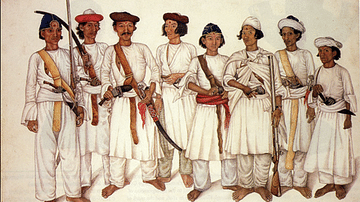
Definition
Anglo-Nepalese War
The Anglo-Nepalese War (aka Gurkha War, 1814-16) saw the British East India Company (EIC) lose several battles against Nepalese Gurkhas before finally securing victory in a hard-fought campaign that, for the first time, extended EIC control...

Article
The Early History of Clove, Nutmeg, & Mace
The spices clove, nutmeg, and mace originated on only a handful of tiny islands in the Indonesian archipelago but came to have a dramatic, far-reaching impact on world trade. In antiquity, they became popular in the medicines of India and...
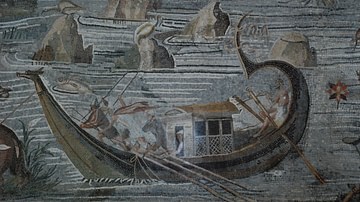
Definition
Ptolemaic Navy
Ptolemaic Egypt was a naval power that exerted influence throughout the Eastern Mediterranean from its foundation in 330 BCE until Cleopatra's defeat by Augustus at the Battle of Actium in 30 BCE. The Ptolemaic Kingdom produced some of the...
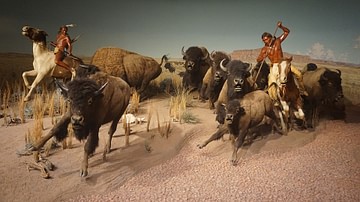
Article
Buffalo and the Plains Indians
The buffalo were essential to the Plains Indians, and other Native American nations, as they were not only a vital food source but were regarded as a sacred gift the Creator had provided especially for the people. Buffalo (bison) supplied...
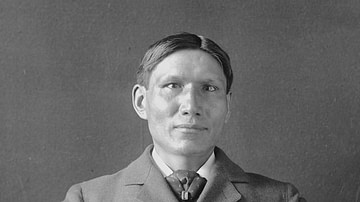
Article
Eastman's Account and Media Coverage of the Wounded Knee Massacre
Of the many first-person accounts of the aftermath of the Wounded Knee Massacre, the report by Sioux author and physician Charles A. Eastman (also known as Ohiyesa, l. 1858-1939) is among the best-known. Eastman describes his experiences...
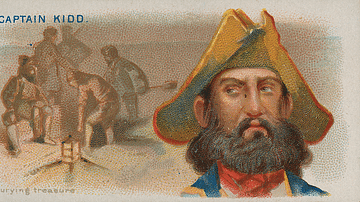
Definition
Captain Kidd
Captain William Kidd (c. 1645-1701) was a Scottish privateer turned pirate who, despite only ever capturing one significant prize ship, has become legendary thanks to the persistent rumour he buried a fantastic treasure that nobody has yet...
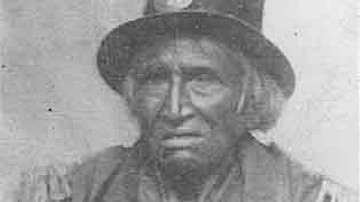
Definition
Tamahay (Eastman's Biography)
Tamahay (Tahama, Tamaha, "Pike", l. c. 1776-1864) was a Mdewakanton Dakota Sioux guide and scout who sided with the Americans against the British during the War of 1812. He was a famous advocate of the American cause and a close friend of...
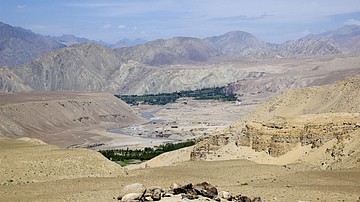
Definition
Aryan
Aryan is a designation originally meaning “civilized”, “noble”, or “free” without reference to any ethnicity. It was first applied as a self-identifying term by a migratory group of people from Central Asia later known as Indo-Iranians (who...
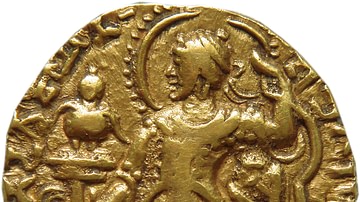
Definition
Samudragupta
Samudragupta (r. 335/350 - 370/380 CE) was the first significant ruler of the Gupta Dynasty. Having come to the throne, he decided to extend the boundaries of his empire to cover the multiple kingdoms and republics that existed outside its...
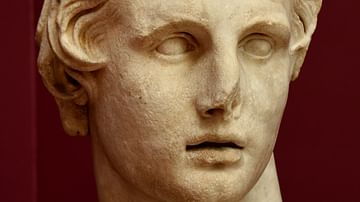
Article
The Hyphasis Mutiny
The so-called Hyphasis Mutiny was a conflict between Alexander the Great (356-323 BCE) and his army following their victory at the river Hydaspes in 326 BCE. Alexander voiced plans for further conquests in the Indian subcontinent, however...